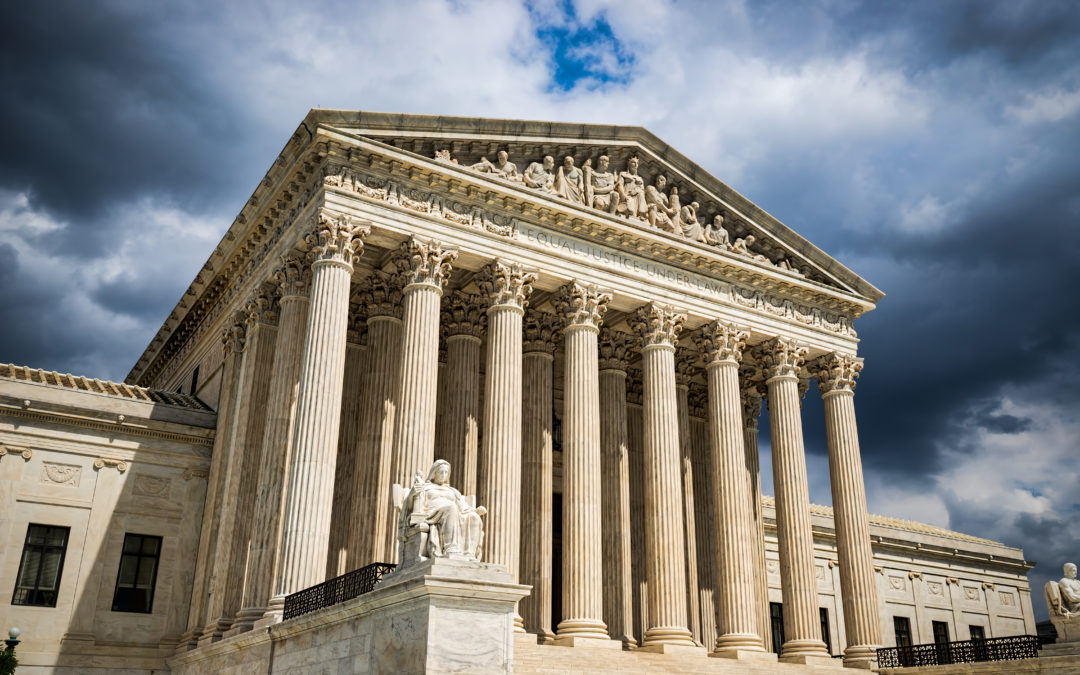On July 17, 2023, the California Supreme Court issued its long-awaited decision in Adolph v. Uber Technologies Inc., which clarified the impact of arbitration agreements on a plaintiff’s standing to litigate representative claims under the California Private Attorney General Act (PAGA).
The opinion diverged from the U.S. Supreme Court’s decision in Viking River Cruises, Inc. v. Moriana, 596 U.S. __, 142 S.Ct. 1906 (2022) inasmuch as the California Supreme Court ruled that, if a PAGA plaintiff is compelled to arbitrate his or her individual claims under an arbitration agreement, the plaintiff retains standing as an aggrieved employee to pursue representative (non-individual) PAGA claims. However, the decision adhered to Viking River Cruises’s holding requiring the enforcement of agreements to arbitrate individual PAGA claims if the agreement is covered by the Federal Arbitration Act (FAA).
The California Supreme Court also outlined the possible proceedings for a PAGA action when a plaintiff is ordered to arbitrate individual claims. Non-individual claims may be stayed by the trial court pending arbitration. Following arbitration, any party can petition the court to confirm or vacate the arbitration award. If the arbitrator determines that the plaintiff is an aggrieved employee, that determination would be binding on the court if confirmed and reduced to a final judgment, and the plaintiff would have standing to litigate non-individual claims. Conversely, if the arbitrator determines that the plaintiff is not an aggrieved employee, and that determination is confirmed by the court and reduced to a final judgment, the plaintiff would no longer have standing to pursue non-individual claims. See slip opinion at p. 17.
The California Supreme Court expressly limited its opinion to the issue of PAGA standing, reversed the lower court’s ruling and remanded for further proceedings. A copy of the Court’s slip opinion can be found here.
